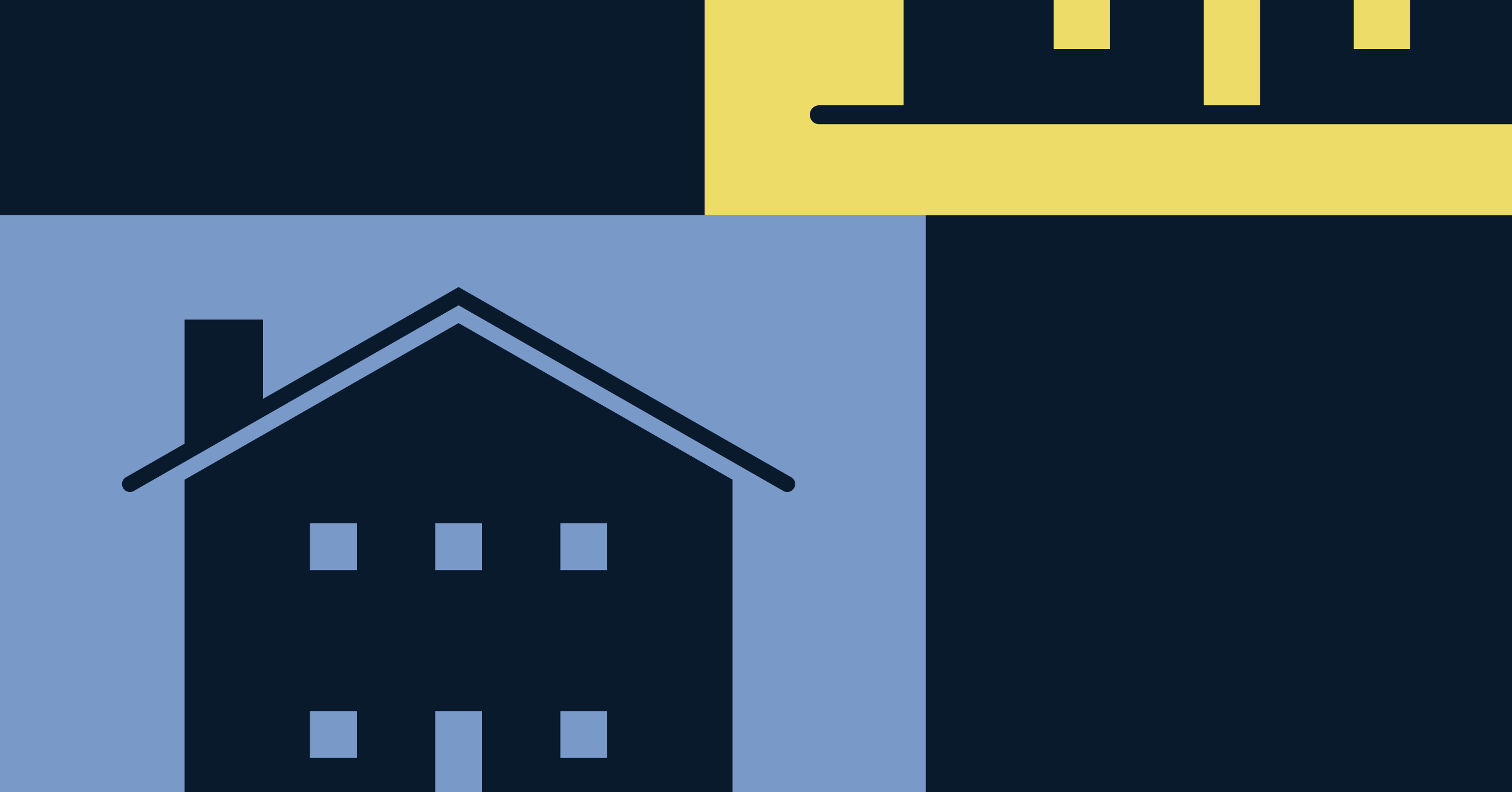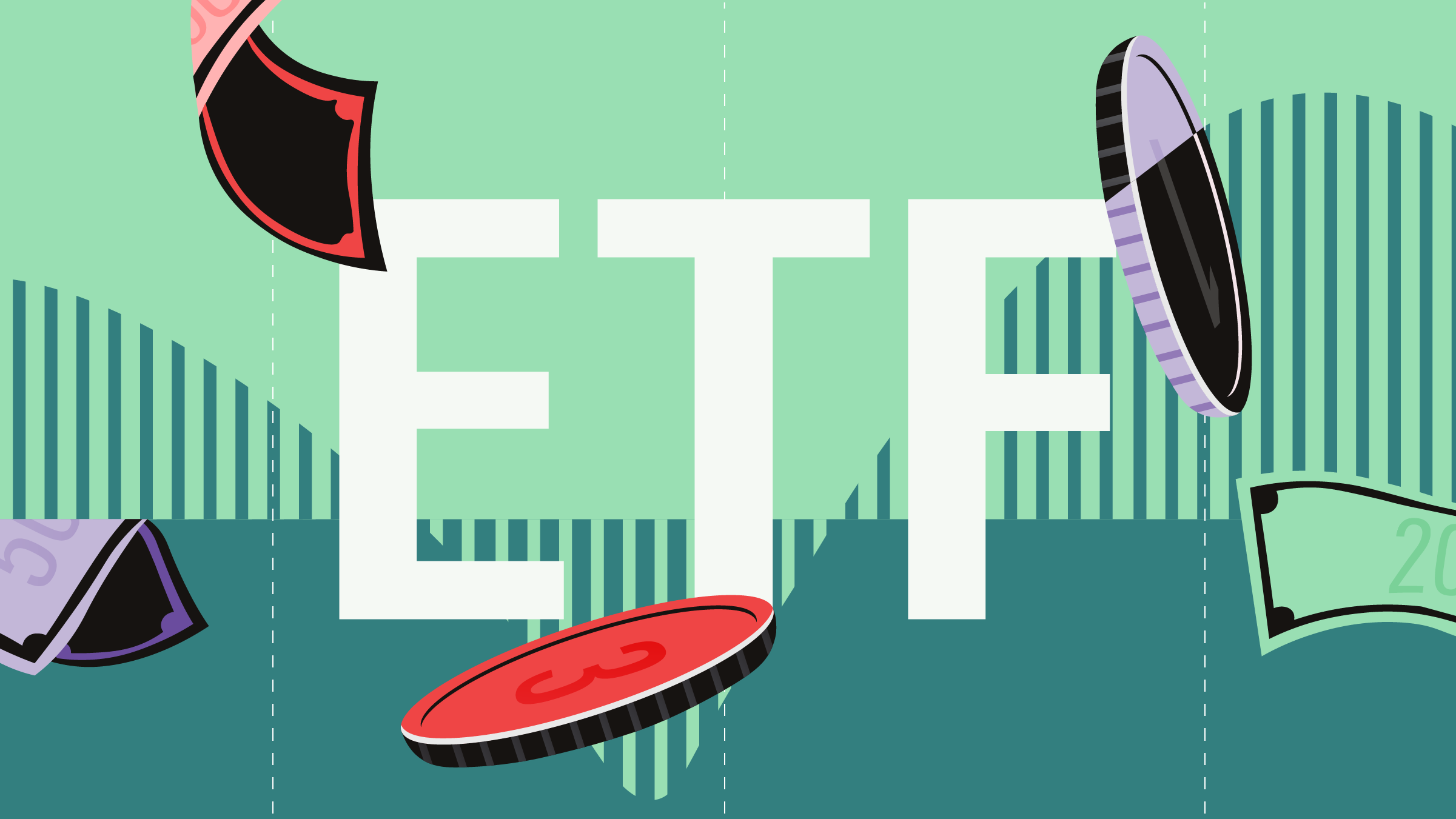Contrarian investor Clayton Zacharias differs from his peers on several counts when it comes to managing the $799-million Trimark Canadian Endeavour.
"We don't own any Canadian banks today," says Zacharias, vice president, investments at Invesco Trimark Ltd. in Toronto. "We also don't have any gold exposure, or hold any energy and mining companies, so we've probably just covered off the largest sectors of the TSX."
Zacharias, who shares portfolio management duties on the fund with Mark Uptigrove, says the current positioning of the fund is a result of what "shakes out" of the fundamental investment process, rather than the exclusion of any sectors.
The fund's concentrated portfolio of 23 to 25 names reflects the managers' long-term, bottom-up philosophy. Three key investment criteria are considered essential in the stock-picking process: prospective companies must have top-quality businesses, a strong management team and a stock price that reflects good value.
The fund also stands out with its foreign content, which currently stands at nearly 43% of portfolio assets, compared to 28% for the median fund in the Canadian Focused Equity category. The managers' view is that Canada is a very narrow and shallow market, and that foreign exposure provides better diversification.
For example, the health care industry in Canada is considered small compared to the very large and established health care companies in the United States and Europe that are represented in the fund. "We think having this global angle of almost half the fund will be beneficial to returns over time," says Zacharias, adding that the fund has the flexibility to go up to 49% in foreign content.
 |
|
 |
|
| Clayton Zacharias | |
 |
|
 |
|
 |
From a geographical perspective, the portfolio's 12% weight in Ireland reflects the value philosophy. While the macroeconomic noise and difficulties surrounding the country are considered warranted, attractive opportunities are presenting themselves at the company level. "If you look at the companies we own," says Zacharias, "over 70% to 85% of the profits come from outside of Ireland, even though they're resident Irish companies."
Zacharias, 36, is a graduate of Simon Fraser University, having received a BBA in 1997. He joined PricewaterhouseCoopers Canada as a co-op student in Vancouver in 1994 and remained with the company after graduation. He received the CFA designation in 2000. In 2002, he left the firm to join AIM Trimark Investments as an investment analyst.
Zacharias became the lead manager of Trimark Canadian Endeavour in August 2007, following the departure of Geoff MacDonald. Under his tenure, the fund has a three-year annualized return of -2.2% that is slightly better than the category median of -2.5%. Over the past two years, the fund returned 25.6% compared to the median of 15.5%.
Using a selective contrarian approach, based on quantitative and qualitative analysis, the team seeks companies that the market doesn't appreciate. The focus is on what a business is going to look like five years from now, as opposed to short-term noise.
A favourite stock holding, Tempur-Pedic International Inc. TPX, illustrates the conviction of the strategy. The U.S.-based speciality mattress manufacturer took a hard hit during the recession, with the stock price falling dramatically from mid-2007 to March 2009.
The consensus was that the market was overreacting, that the company was a good, quality business with a very bright future. "So when the stock went from US$37 to US$4, we bought it aggressively on the way down," says Zacharias, "and took our weighting from 2% to over 6%, and the stock is at US$38 today." This is a great example of why his performance was so bad in late 2007 through 2008, but then why it was very strong in 2009 and this year, adds Zacharias.
Among the top 10 holdings, Brookfield Asset Management, Inc. BAM.A represents a favourite Canadian business. The company owns assets, primarily in commercial real estate, along with low-cost power generation assets with multi-year contracts around the world. "So it's high quality, infrastructure-type assets," says Zacharias, "that have long life, high barrier to entry, a strong balance sheet and strong free cash flow." The stock was purchased during the depth of the financial crisis, when the price fell by about two thirds.
Looking ahead, the economic challenges are expected to continue. "Because we expect things to be choppy," says Zacharias, "we do expect to continue to see volatility in the market at higher than normal levels. Yet, if you take the long-term view and have a high level of confidence in the names you own, there should be buying opportunities in that volatility."








.jpg)






